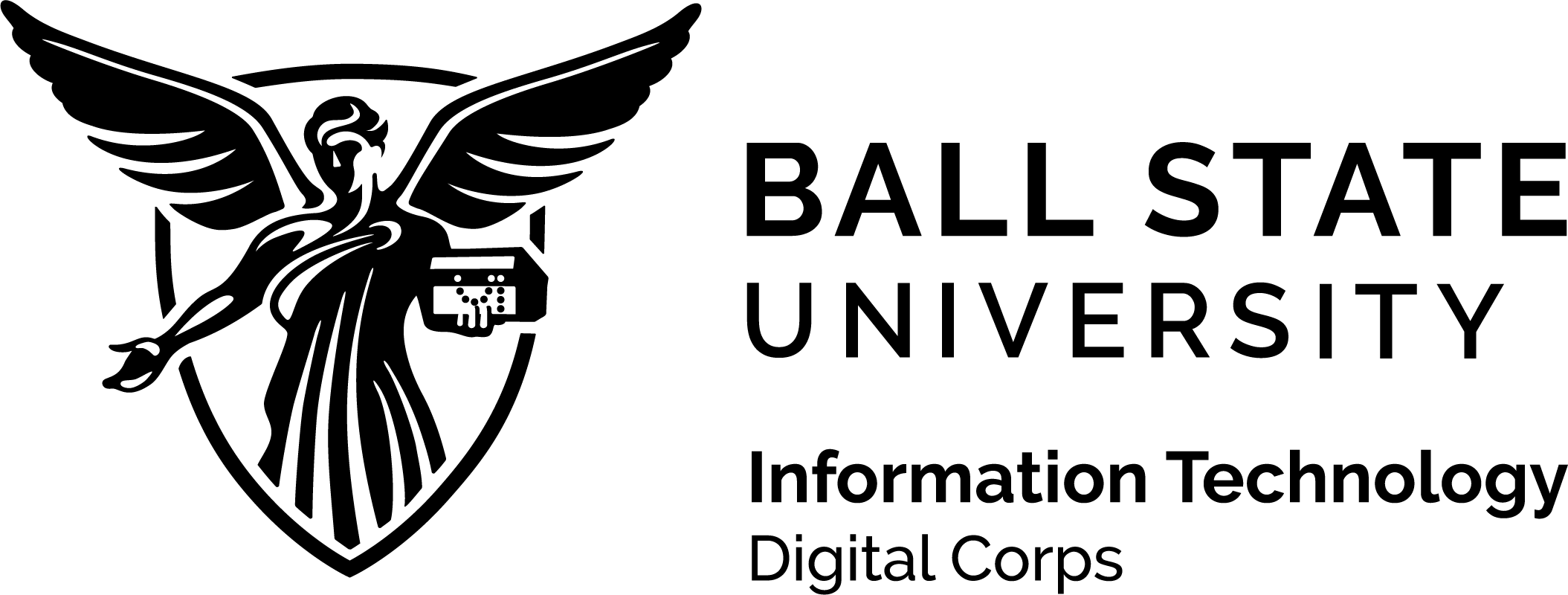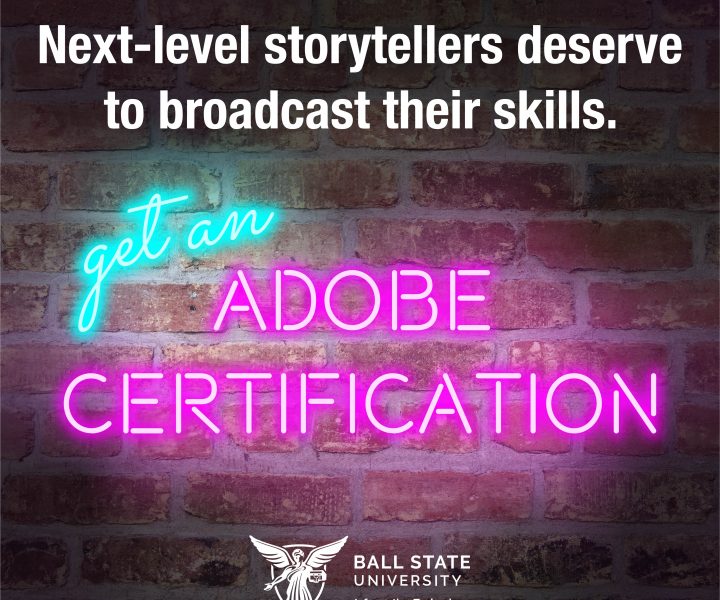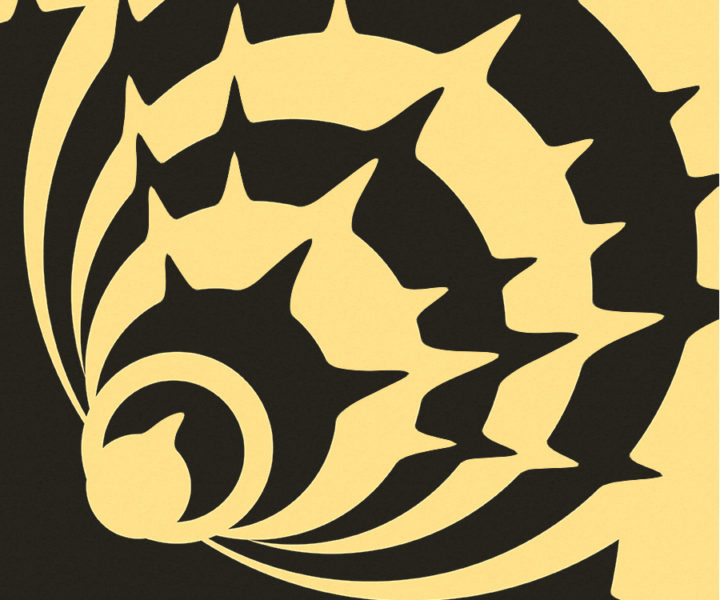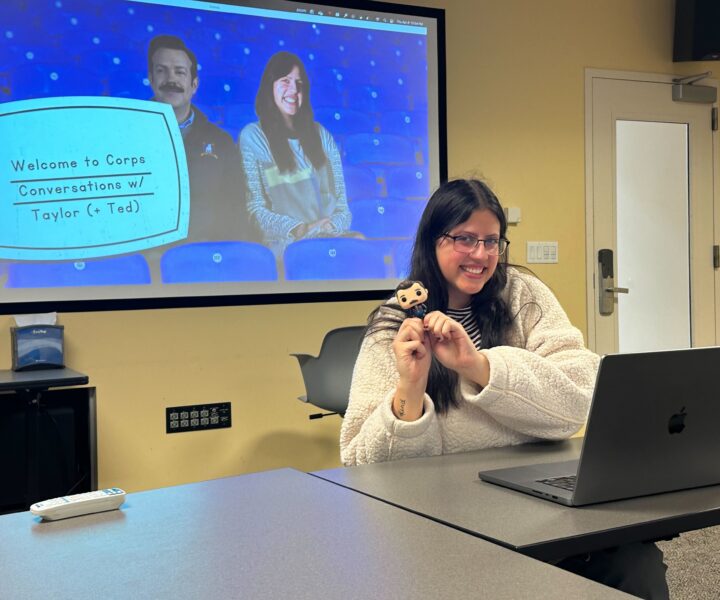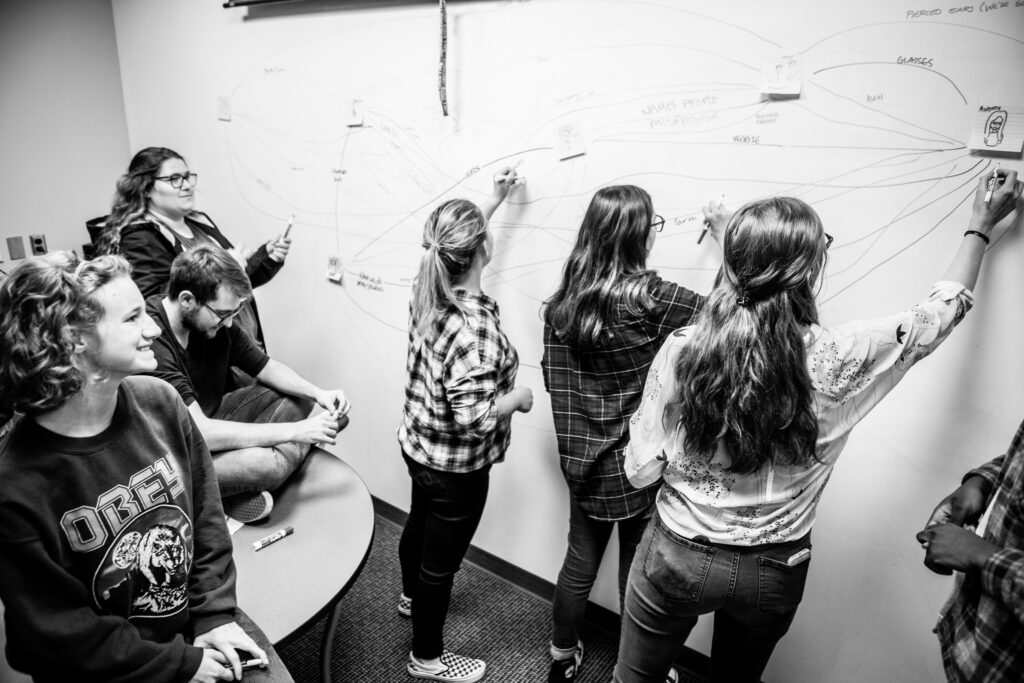
The workplace is filled with many challenges, such as troubling co-workers, communication issues, and even the struggle of work-life balance. The Digital Corps discusses these challenges in a series of weekly meetings otherwise known as Soft Skills. Theforage.com describes soft skills as, “non-technical skills that reflect your communication style, work ethic, and work style.”
Soft Skills has been a part of Digital Corps since 2009, nearly 14 years of sharing information and feedback with students. When entering Digital Corps, I was unsure of what to expect from the weekly Soft Skills meetings. The meetings consist of assigning students “homework,” which usually includes watching a video or filling out a form that a staff member distributes. Hereon, a staff member conducts the meeting and the possibilities are endless to where it may lead.
Staff members at the Digital Corps conduct the meetings and teach students a variety of skills such as changing a flat tire or navigating workplace struggles. The staff members here at Digital Corps are excellent resources for students, particularly with Soft Skills sessions that pertain to budgeting or job hunting.
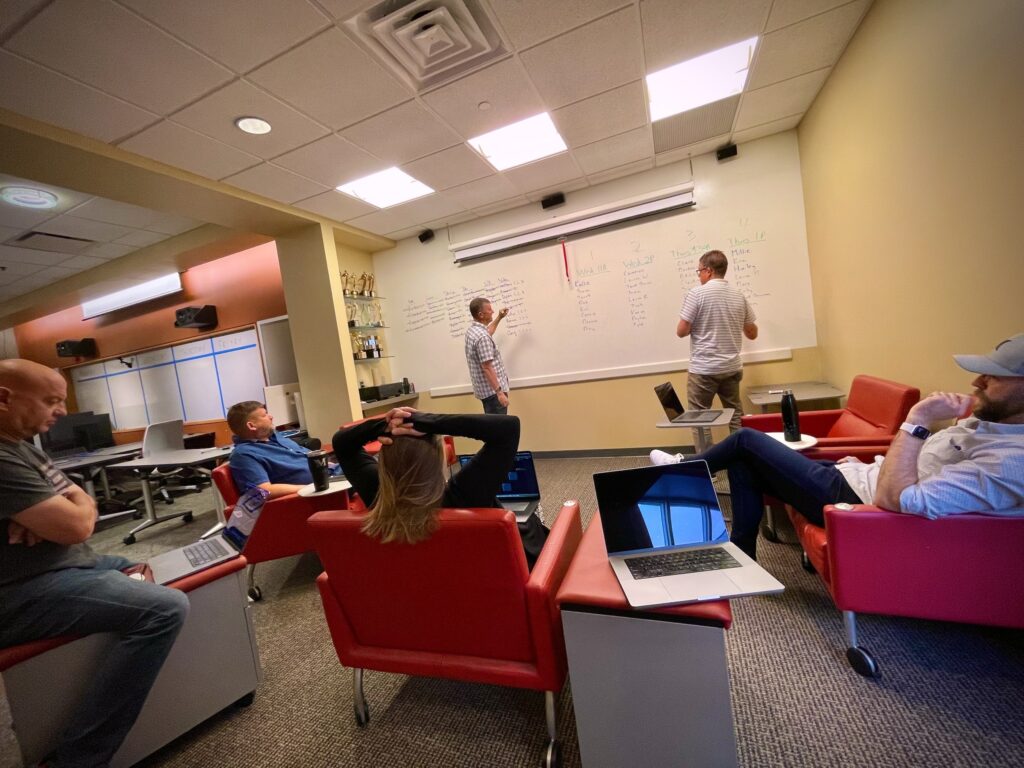
It’s easy to confuse soft skills with hard skills, which theforage.com defines as, “objective, quantifiable skills gained through training, school, or work experiences.”
In other words, hard skills require years of training or a degree. These weekly Soft Skills meetings teach students something that could be of use after graduation and prepare them for the future. Many students have found themselves with a flat tire, an intimidating job interview, or budgeting challenges and have used these Soft Skills meetings as a lifeline.
Coming in Handy

Take Kylie Owens for example, a design apprentice here at Digital Corps. “The weekend of Halloween this year I went to the stadium where my car was parked and looked at my tire. My tire was completely flat. Then I remembered Rob’s Soft Skills session about how to change a tire, and thought, I’m fine.”
Rob Fultz is the production manager at Digital Corps, as well as a connoisseur for all things involving cars. Fultz’s Soft Skills sessions are usually about how to maintain your car, and Owens found this session to be the most helpful for her.

Importance of Soft Skills

Staff Designer for Digital Corps, Josh Shaffer, recalled a Soft Skills meeting resulting in a student changing their major. Shaffer was educating students on wages based on Digital Corps students’ desired jobs, as well as their dream locations for their job. Once adding and subtracting the student’s entry-level salary, with her probable rent in her dream location, the student quickly realized her major wasn’t ideal.
“That specific Soft Skills session was a wakeup call for a lot of students,” Shaffer says. Shaffer is frequently leading Soft Skills sessions that involve planning for the real-world, such as résumé building, budgeting, and even sessions about how to take constructive criticism.
When asked about his favorite Soft Skills session, he referenced the same meeting that caused the student to switch her major. “I felt that the financial Soft Skills session was my favorite to teach, mostly because it was a great way to get the information across to the students. Some students think, oh I’m going to go live in New York by myself. Then realize, nope, I’m going to need a lot of roommates.”
Shaffer also mentions how copyright is one of his favorite Soft Skills topics, especially for the Design Team students. “I enjoy talking about copyright, because most students leave the meetings knowing what to do with their designs. Basically, how design works is you’re selling someone the copyright to the work you’ve made. It’s important to know the law when working in design.”
Possibilities are Endless

The Assistant Director of Digital Corps, Riley Paulsen, shares how Soft Skills may help students, but also how Soft Skills help the staff members. Paulsen joined Digital Corps in 2011 as a student and has since gone from listening to Soft Skills sessions, to teaching them. When describing his favorite Soft Skills, Paulsen discusses a session about what motivated Digital Corps students.
“This Soft Skills session was after COVID, which might’ve altered people’s answers. Students placed stickers on sheets of paper around the room. We saw what motivated our students, like being motivated by happiness, or being motivated by emotional intimacy. We left the results from the Soft Skills session, not only so students could see, but also so staff could see. It helped us learn more about our students, which helped us understand more as well.”
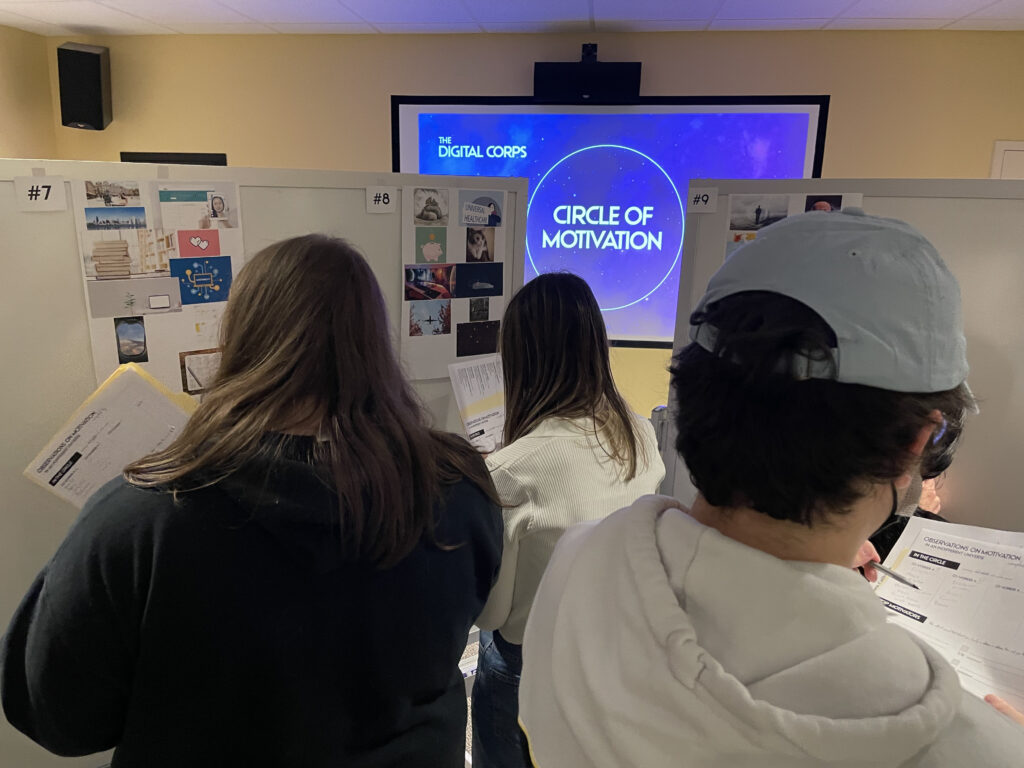
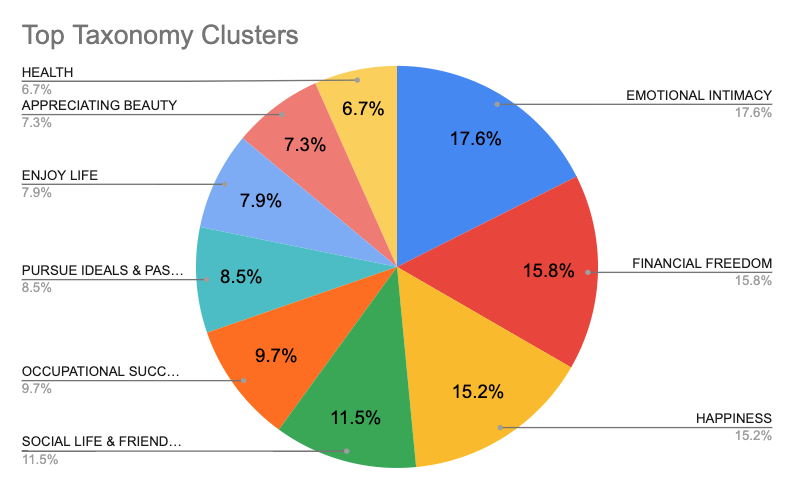
The Soft Skills meeting Paulsen led revealed what students were motivated by, which helped the staff members at Digital Corps create new topics for future Soft Skills sessions. The weekly meetings are never the same, and most students usually walk into the room unsure of how the layout will be. Paulsen has since then created completely different lessons for the weekly meetings, keeping us Digital Corps students on our toes.

Anna McCreary, a newly hired apprentice on the design team, opened up about one of Paulson’s Soft Skills sessions that changed her thoughts on imposter syndrome. “Riley talked about imposter syndrome during one of his Soft Skills sessions and it made me feel confident about how I don’t need to learn everything right away, and I realized how many other people felt the same way as me,” said McCreary. Paulson is often seen giving thoughtful Soft Skill meetings about how to deal with certain emotions, and certain thought processes.
“Instead of doing meetings about how to be a better video editor, or designer, Soft Skills is about how you can be a better human. Then we also make sure everybody is ready to go as soon as they graduate,” says Paulson. Soft Skills sessions are all about being well-rounded future employees, as well as people in general.
Implementing at Digital Corps
Suggesting a Soft Skills session to your boss or using Soft Skills in the workplace has many benefits. Here at the Digital Corps, Soft Skills has helped us bond with staff members and students. Using this session in an organization or company will not only help you bond with your co-workers, but Soft Skills meetings also help you learn about topics your co-workers are experts in.
When listening to staff members teach their sessions, I learned so many things about them as people and the topics they taught. Soft Skills sessions also open up conversations and discussions you would not otherwise have if you weren’t placed in a room with your co-workers and made to think about some tough topics.
Pumble.com states, “workplace communication statistics show that 86% of employees and executives cite the lack of effective collaboration and communication as the main causes for workplace failures.”
In other words, if you can’t talk to your staff or co-workers, there are most likely going to be issues within the workplace.
When implementing Soft Skills sessions into your company, there are 5 steps you should consider:
- What Does Your Staff Want to Learn?
Find time to survey staff about topics they’d like to discuss or learn about. Knowing what your company wants to learn or talk about will increase engagement during the sessions.
- Pick Your Topics
Go through the topics that you think would be the most beneficial. Then, pick the staff members that you think would conduct the meeting the best!
- Find a Time that Works
At Digital Corps, we utilize Outlook calendars to see everyone’s meetings, classes, and other obligations to find the perfect time for everyone! Finding a time is arguably the most challenging part of conducting the Soft Skills sessions, especially if you work at a large company. At the Corps, we have weekly 45-minute sessions, but you should pick the time frame that works for your business!
- Prepare Your Session
Most staff members at Digital Corps will use a visual presentation to get us excited to learn about the topic. Staff members have also played videos, used props, worksheets, surveys, and so much more to make things fun and interesting.
- The Soft Skills Session
The beauty of conducting these meetings is that most of the people attending already know each other and will be more likely to share their thoughts on topics. Prioritizing comfort for the people attending is also important, so make sure nobody is uncomfortable when discussing your topic.
Sometimes discussions can get off track, so it’s your job to make sure everyone stays on topic. Lastly, have fun talking about your topic and be a great listener to those who are willing to participate in conversation!
Conclusion
Soft Skills meetings are a great way for people to discuss topics including their futures, grad school opportunities, life skills, revealing motivations, and so much more. The staff plays a crucial role in the weekly Soft Skills meetings at Digital Corps and have helped many current and past students become better people overall.
Implementing Soft Skills sessions in companies and other student organizations is a great way to help students and staff bond, as well as create memorable moments to help people learn more about their co-workers. These weekly meetings have also allowed us as students to use our voices and learn more about our lives after college.
Checking in with your employees and creating a comfortable space for learning and conversation has been proven to be helpful for companies. Communication is 86% of the reason most workplace failures happen, so Soft Skills is a great resource for making sure this doesn’t happen to your company. Digital Corps has strengthened our workplace relationships with Soft Skills for 14 years, and we hope you’re able to implement these ideas to strengthen your own workplace relationships!
